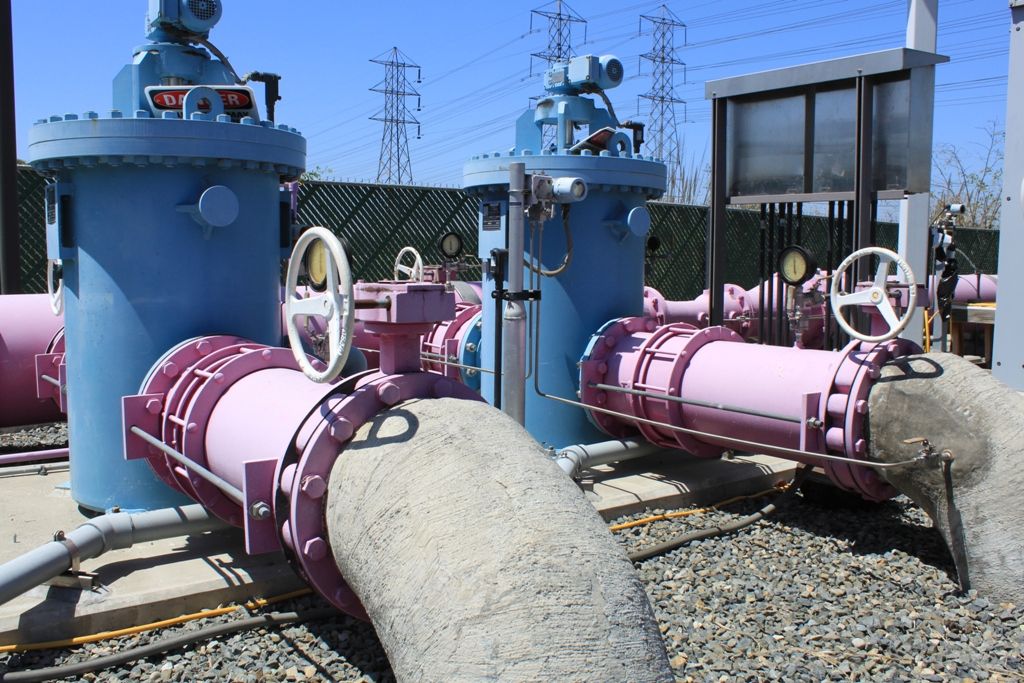 In response to the Governor’s proclamation of a Drought State of Emergency in January of this year, the State Water Board has drafted an order to streamline permitting for the use of recycled water for uses that present a relatively low threat to water quality. If adopted, the order would allow use of treated municipal wastewater for agricultural irrigation, landscape irrigation, dust control, and cooling tower water.
In response to the Governor’s proclamation of a Drought State of Emergency in January of this year, the State Water Board has drafted an order to streamline permitting for the use of recycled water for uses that present a relatively low threat to water quality. If adopted, the order would allow use of treated municipal wastewater for agricultural irrigation, landscape irrigation, dust control, and cooling tower water.
Recycled water is often an underutilized resource, with the California Water Action Plan estimating that up to 1.4 million acre-feet could be realized by 2030 through increased use of recycled municipal wastewater that is oftentimes discharged to the ocean or brackish water bodies and serves few, if any, beneficial uses. Water recycling is an essential part of an overall program to build regional self-sufficiency by helping to reduce local water scarcity, and can be particularly valuable in drought conditions when alternative supplies are constrained or unavailable.
Coverage under the draft order is limited to treated municipal wastewater for non-potable uses, and does not apply to the use of recycled water for groundwater recharge, disposal through percolation ponds, or for domestic or animal water supply. The uses for recycled water allowed by the draft General Order comply with Department of Health Title 22 regulations. Additionally, all uses of recycled water allowed by this draft order must be consistent with the Salt and Nutrient Management Plans approved by the regional water boards.
The public comment period on the draft General Order ends at noon on May 27th, with the State Water Board considering the order for adoption at its June 3rd meeting. If adopted, the order will take effect immediately.


